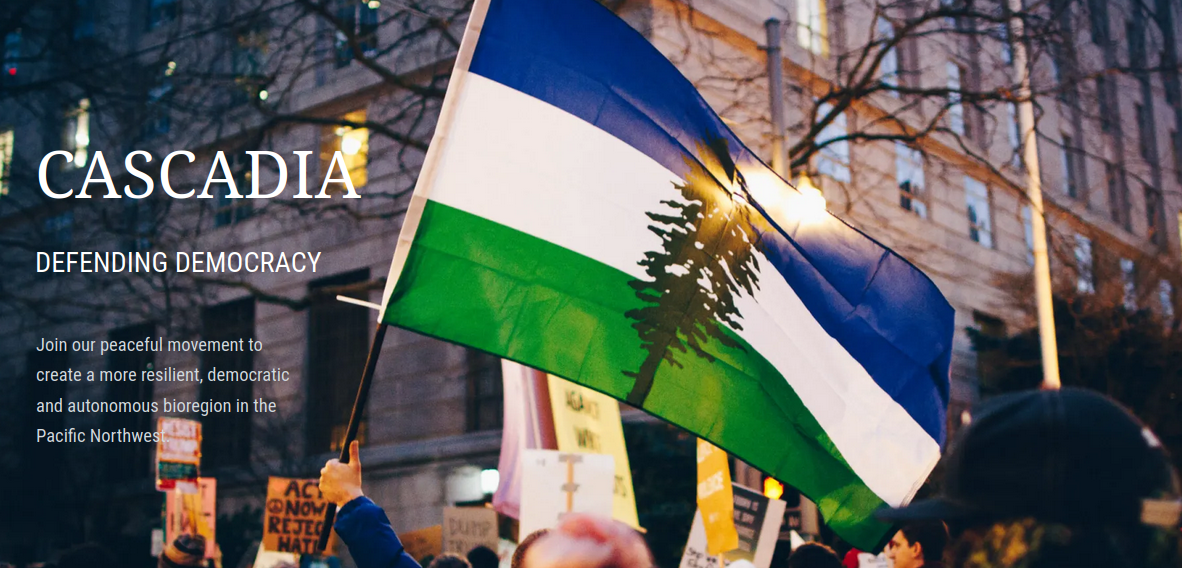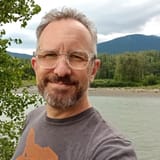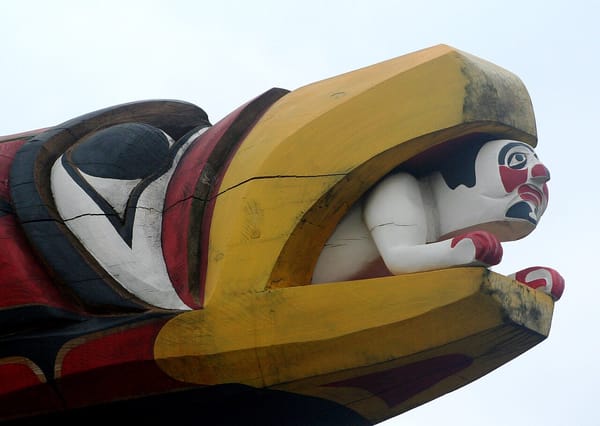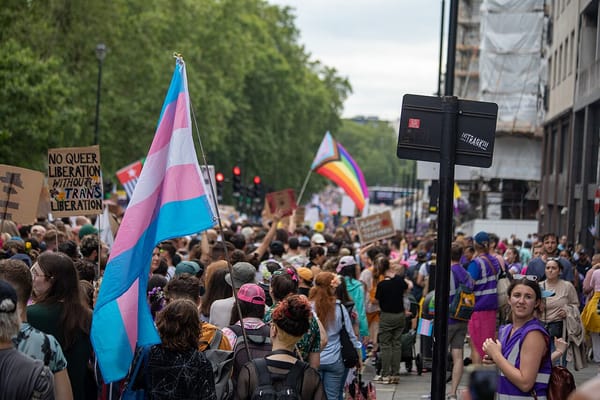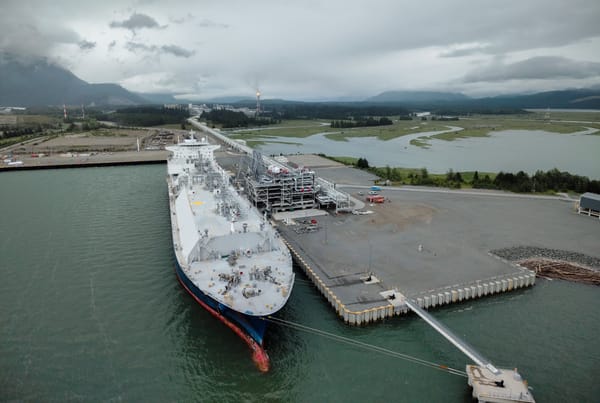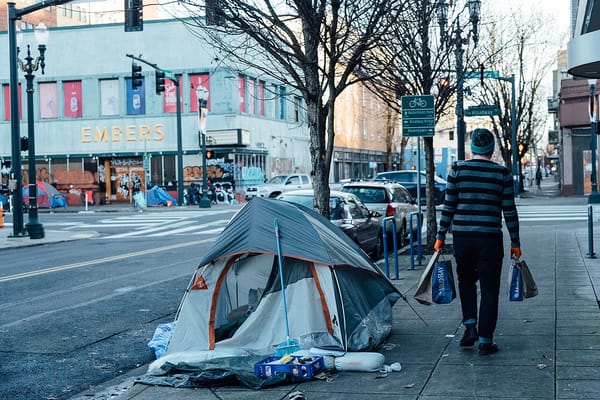Why I no longer think of myself as American
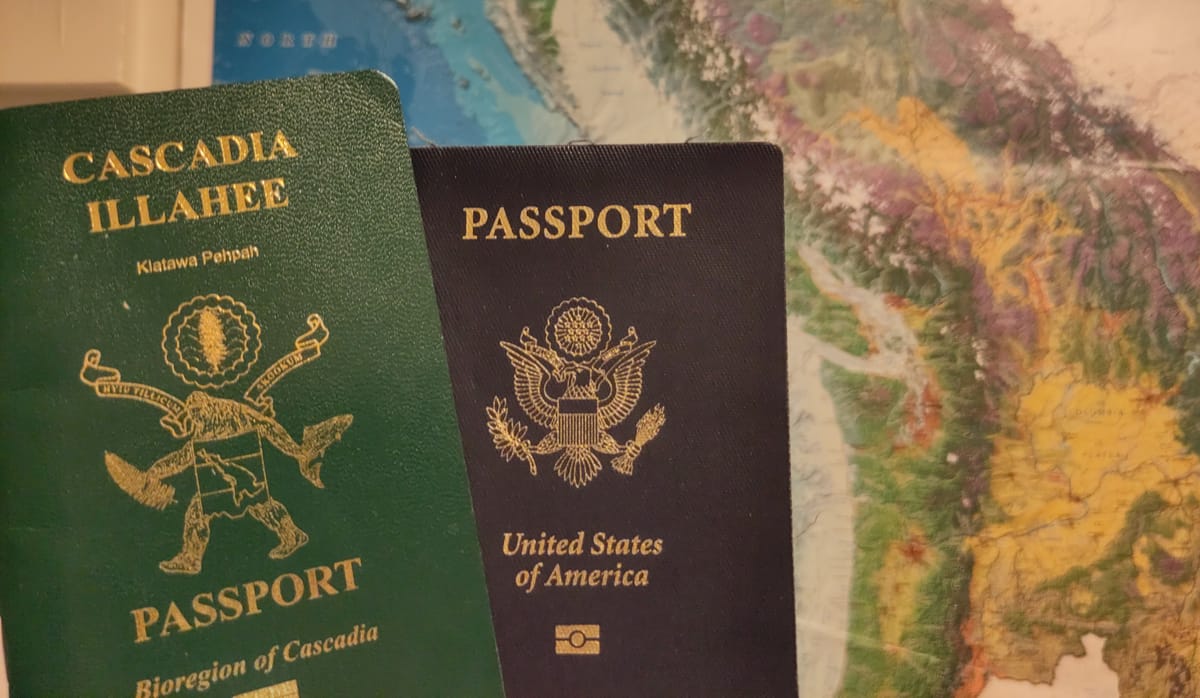
It's been a gradual process, but I now identify as a resident of Cascadia rather than a resident of the United States.
Rethinking one's identity and loyalties can be a difficult but clarifying process. For me, it has become more urgent with the election of Donald Trump – and in particular witnessing what his administration has done to exploit the weaknesses in the US constitution during his second administration.
I was born in the Pacific Northwest. I've always had a deep connection to this place I grew up in along the shores of the Salish Sea and in the shadow of volcanic peaks such as Tahoma. I continue to love Seattle, where I've made my home for decades.
There was a seven-year period where I lived overseas with my family, raising my kids in Vietnam and Switzerland. That time helped solidify my connection to Seattle and Cascadia – I sometimes felt I had more in common with people I knew in Hanoi and Geneva than I might with someone from Alabama or North Dakota.
I love American art and culture – its music, its visual art, and its literature. I appreciate the creative spirit of the United States and respect that it was one of the first nations to build a democracy with neither kings nor emperors.
Of course, the United States of America also has a stained history (one that the Trump administration is quietly trying to erase). Though it held democratic aspirations, it was a nation founded upon the genocide of Indigenous people and funded by the cruel institution of slavery.
The first election of Donald Trump was a personal shock and a wake up call that the nation had not come to terms with the legacy of that stained history and that many resented the election of a Black president. Trump's second term has confirmed for me that while the US constitution was a well-intended and revolutionary document for its time, it has not aged well.
Even after Trump is gone, the damage has been done, and I'm skeptical we'll return to the days when our government wasn't politicized against dissent or didn't have a legion of secret police rounding up immigrants or whoever they deem the enemy.
Institutions such as the Senate and electoral college prevent any meaningful, progressive change from happening in the US. Those who created the constitution crafted it so that rural, slave-owning populations had disproportionate power, and made it was nearly impossible to amend or change that constitution.
Those rural, white, Christian conservatives now hold minority power even as increasingly diverse, vibrant and left-leaning urban populations are increasing – yet not represented proportionately at the federal level.
The majority of Americans, in poll after poll, want things like universal health care, affordable housing, affordable child care, and human rights. But the Trump administration has trampled upon all those hopes. And in its authoritarian seizure of power, it has effectively abrogated the constitution by ignoring court rulings and the rule of law. Even after Trump is gone, the damage has been done, and I'm skeptical we'll return to the days when our government wasn't politicized against dissent or didn't have a legion of secret police rounding up immigrants or whoever they deem the enemy.
As Benedict Anderson observed in his brilliant book Imagined Communities, all nations are fictions. They are fictions that people are willing to die for, however, and they are built upon centuries of stories, laws, and bonds of loyalty. They are grounded in where we live, in our emotional connection to the places we call home.
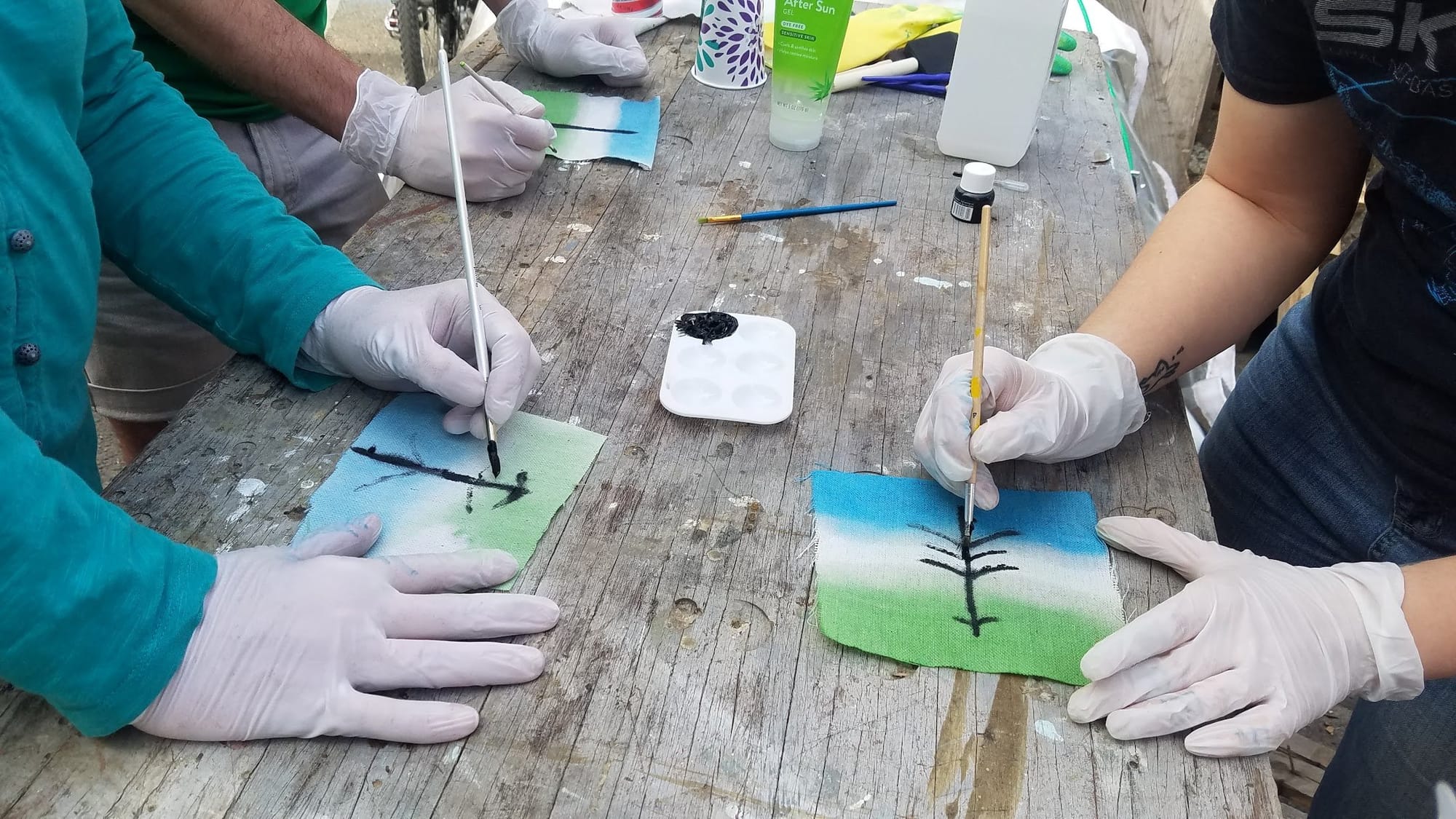
Those who have been working for several decades to advance the notion of a Cascadia bioregion have been doing just that: telling stories, building communities, and creating the idea of a place that transcends colonial lines drawn on a map. Cascadia has always been and will continue to be primarily not a nation but the idea of whole, un-fragmented ecosystem that stretches from Cape Mendocino to southeast Alaska, from the headwaters of the Columbia and Fraser Rivers to the Pacific Ocean.
But Cascadia is also about the people who live here, whether Indigenous people with deep roots, or various generations of immigrants who've come here after --including those who've arrived recently and are the target of the ruling fascist government's animosity.
So, today, I now think of myself as a resident of Cascadia. I also reside in the US, and I have a US passport, a necessary item if one wants to travel to British Columbia or anywhere else in the world outside the borders of the US.
I'm no fool. I'm not renouncing my citizenship, though I look forward to the day when I might travel north to Vancouver without a passport, or to Paris as a human being who identifies as a resident of Cascadia.
I realize this will likely seem radical to many of my readers. The passions of patriotism and nationalism are intense and quick to incite anger. We're told from an early age not to question our loyalty to country (Virginia Woolf once referred to patriotism as an unreal sympathy). I suppose the ruling regime might take this essay as an excuse to revoke my passport (they're currently working on passing a bill that would give them the ability to do just that). But I would remind them that the US is a signatory to the Universal Declaration of Human Rights, which states that:
Everyone has the right to leave any country, including his own, and to return to his country. --Article 13
Everyone has the right to a nationality.
No one shall be arbitrarily deprived of his nationality nor denied the right to change his nationality. --Article 15
Some of us are working on redefining what we believe is our nationality and that includes creating a Cascadia bioregion that's independent or autonomous from the authority of the United States. One organization – in the very early stages – working on this effort is Cascadia Democratic Action, which I'm working with to organize and build. If any of this essay resonates with you, and you'd like to help us on our non-violent path toward Cascadia autonomy, please sign up for CDA email alerts here. --Andrew Engelson
